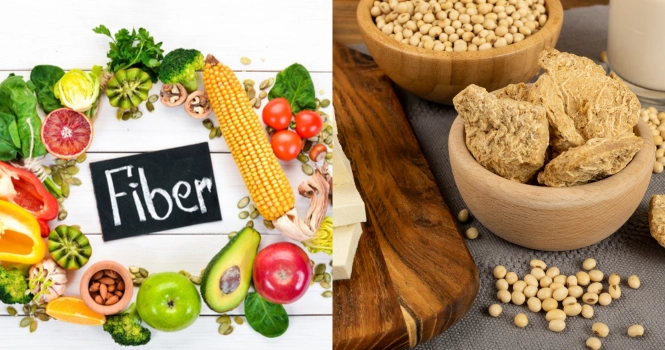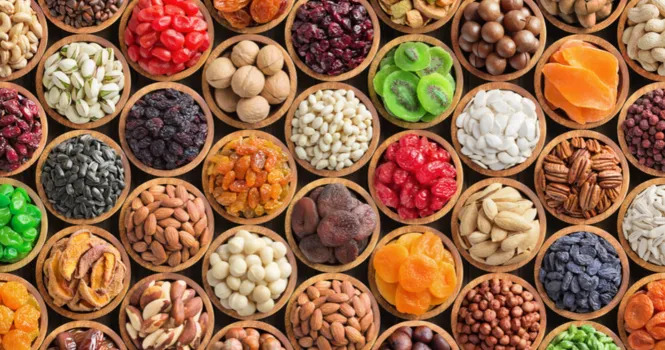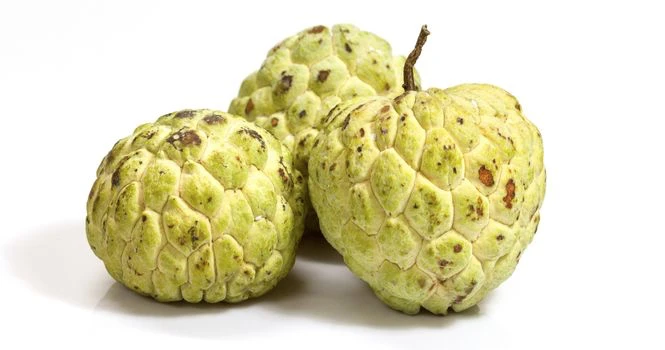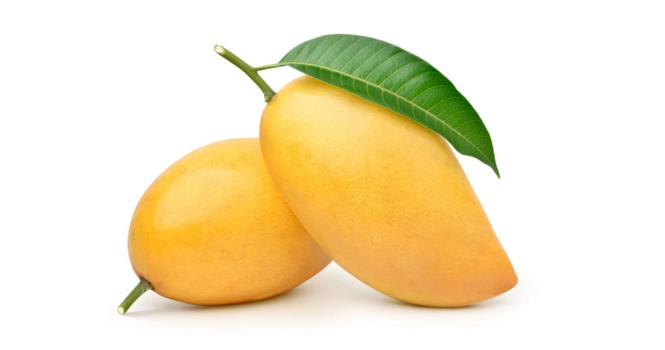Is Poha Good for Constipation?
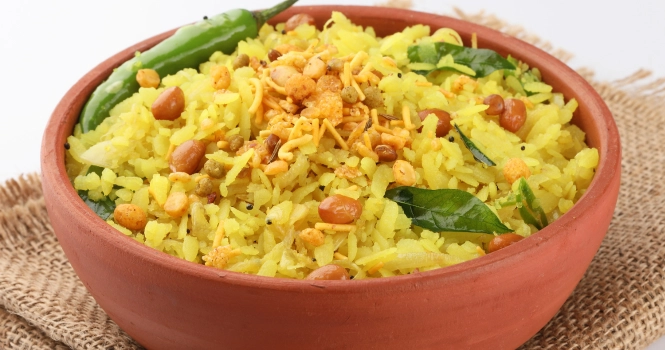
Constipation, a common digestive problem, can be uncomfortable and frustrating. It has led many to seek out dietary solutions to alleviate symptoms.
Poha, a light and popular Indian breakfast made from flattened rice, is often considered in dietary selections for its health benefits. But is poha effective in combating constipation?
Poha is made by parboiling paddy rice, then flattening it out to produce light, flaky grains. Known for its versatility, poha can be prepared in various ways, making it a staple in many Indian households. Its ease of digestion and mild nature makes it a preferred choice for breakfast and light meals.
Nutritional Profile of Poha
Poha is primarily a source of carbohydrates, providing energy to start your day. It also contains moderate amounts of dietary fiber, essential vitamins, and minerals such as iron and vitamin B. The fiber content in poha, although not as high as in whole grains or legumes, can contribute to dietary fiber intake.
The Role of Fiber in Alleviating Constipation
Dietary fiber is crucial for maintaining healthy bowel movements. It adds bulk to the stool and facilitates its passage through the digestive tract, thereby reducing the symptoms of constipation. A diet rich in fiber is often recommended for those suffering from constipation.
Is Poha Effective for Constipation?
While poha does contain some amount of dietary fiber, its effectiveness in relieving constipation may depend on how it’s prepared and what it’s paired with. On its own, poha might not provide a significant amount of fiber needed to alleviate constipation.
However, when combined with high-fiber ingredients such as fresh vegetables, legumes, and nuts, it can contribute to a fiber-rich meal that may help ease constipation.
Maximizing the Benefits of Poha for Digestive Health
- Add Vegetables: Enhance your poha with fiber-rich vegetables like peas, carrots, and spinach to increase its fiber content and nutritional value.
- Incorporate Nuts and Seeds: Adding almonds, flaxseeds, or chia seeds to poha can boost its fiber content and add healthy fats and proteins.
- Portion Control: While poha is light, monitoring portion sizes is crucial to prevent overeating, which can sometimes exacerbate constipation.
- Stay Hydrated: Pair your poha meal with adequate water intake. Hydration plays a key role in preventing and relieving constipation.
Poha can be a part of a constipation-relieving diet when prepared with high-fiber accompaniments. Its lightness and ease of digestion make it a suitable meal option, especially when enhanced with vegetables, legumes, and seeds.
However, relying solely on poha to alleviate constipation may not be effective due to its moderate fiber content. Incorporating a variety of fiber-rich foods into your diet, alongside adequate hydration, is key to managing constipation effectively.
As always, if constipation persists, it’s advisable to consult your doctor for personalized dietary and medical advice.
Read More ; Is Poha good during loose motions?



